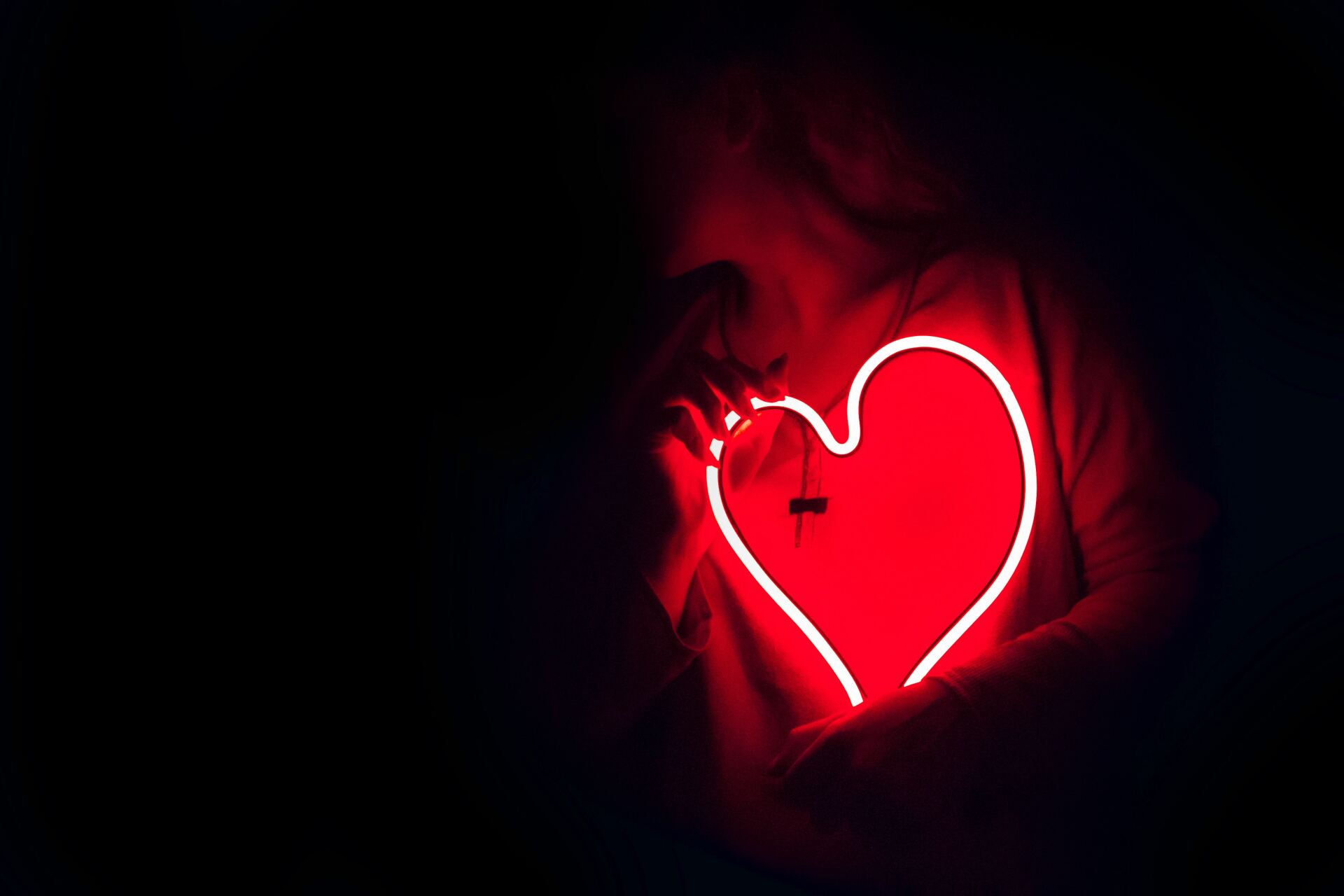Cardiac Arrest: Signs and Symptoms, and What should I do?
Cardiac Arrest: Signs and Symptoms, and What should I do?

In my last blog post, I covered the causes and risk factors for cardiac arrest. This post will cover triggers, symptoms, how to recognize a cardiac arrest, and what you can do if you ever witness a cardiac arrest.
Just a quick review:
The terms "cardiac arrest" and "heart attack" are often used interchangeably, but they are not the same thing.
A cardiac arrest is when the heart stops working abruptly.
A cardiac arrest is an electrical conduction problem. The heart's electrical system stops working as it should and can either go into an ineffective rhythm (the heart is quivering instead of pumping effectively), or the electrical impulses may stop entirely.
It can occur in an otherwise healthy person, or you may have noticed warning signs.
In a heart attack, a blockage in the coronary arteries (the arteries that supply blood to the heart) prevents oxygen from reaching the heart muscle, leading to muscle death if not treated.
The heart muscle begins to die without oxygen, but the heart has not quit working.
A heart attack is a circulation problem.
A heart attack can lead to a cardiac arrest, but they are not the same thing.
What can trigger a cardiac arrest?
If you have one or more of the risk factors that lead to cardiac arrest, this can lead to changes in the heart's electrical system, triggering a cardiac arrest under certain conditions.
These conditions include:
- Extreme physical exertion or stress
- Flue infection in the past month
- Heavy drinking or binge drinking
- Severe emotional distress
- Too much coffee or other stimulants, such as energy drinks
The use of cocaine, amphetamine, or marijuana can lead to sudden cardiac arrest even in an otherwise healthy individual.
What are the symptoms of a cardiac arrest?
Cardiac arrest is a medical emergency.
Call 9-1-1 immediately and start CPR if someone around you has symptoms of a heart attack and get an AED as quickly as possible.
A person having a cardiac arrest will:
- Lose consciousness; a person having a cardiac arrest will not be awake.
- Stop breathing or begin gasping for air; no blood is reaching their lungs, so they will not be able to breathe effectively.
- Be unresponsive to shaking or shouting; no blood is reaching their brain, so they will be unable to respond.
- Not have a pulse; the heart is not pumping effectively, so you will not be able to find a pulse.
Will there be any signs before the cardiac arrest?
Sometimes a cardiac arrest will occur without any prior warning.
Most of the time, you will have warning symptoms for an hour to a few weeks before the cardiac arrest. These symptoms might include:
- Abdominal pain, nausea, and vomiting
- Back pain
- Chest pain
- Extreme fatigue
- Flu-like symptoms
- Frequent dizziness or fainting
- Heart palpitations (your heart flutters, races, or skips a beat)
- Shortness of breath
Call your doctor if you have any of these signs or symptoms as they could be warning signs of a cardiac arrest.
What should I do if I witness a cardiac arrest?
A cardiac arrest is fatal unless treatment begins immediately.
Call 9-1-1
Get an AED (Automated External Defibrillator) on the scene as soon as possible. These devices are usually located in public places and "talk" to you to tell you how to work them; turn on the machine and follow the instructions given to you by the AED until more advanced medical help arrives or you are too tired to continue CPR.
Start CPR if you have training in CPR methods.
Once advanced medical help arrives, they will continue treatment and transport the person to the hospital. Once there, the person will receive specialized treatment based on what caused the cardiac arrest.
Questions, comments, or suggestions?
Leave a message or send me an email.
Need a medical writer, editor, or proofreader?
Contact me or send me an email.
Thank you for taking the time to read my blog.
Sources:
About Cardiac Arrest | American Heart Association
Causes of Cardiac Arrest | American Heart Association
Cardiac Arrest - Symptoms | NHLBI, NIH
Cardiac Arrest - Causes and Risk Factors | NHLBI, NIH
Cardiac Arrest - Treatment | NHLBI, NIH
Heart disease prevention: Strategies to keep your heart healthy - Mayo Clinic
What is CPR | American Heart Association CPR & First Aid











